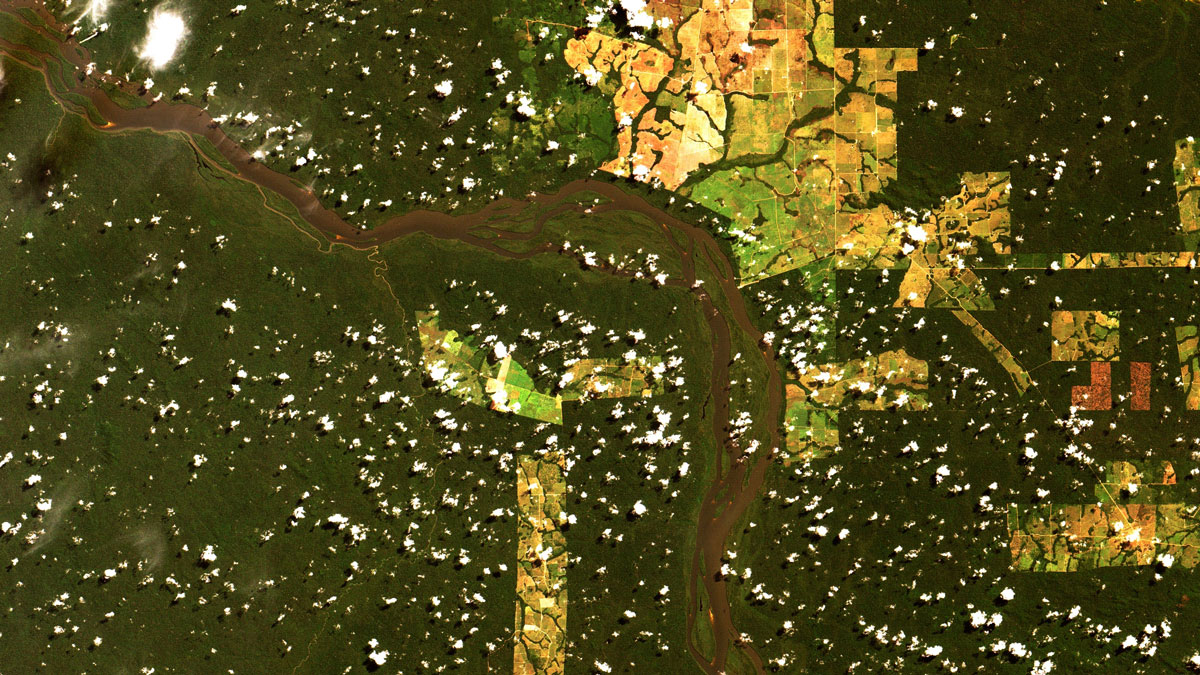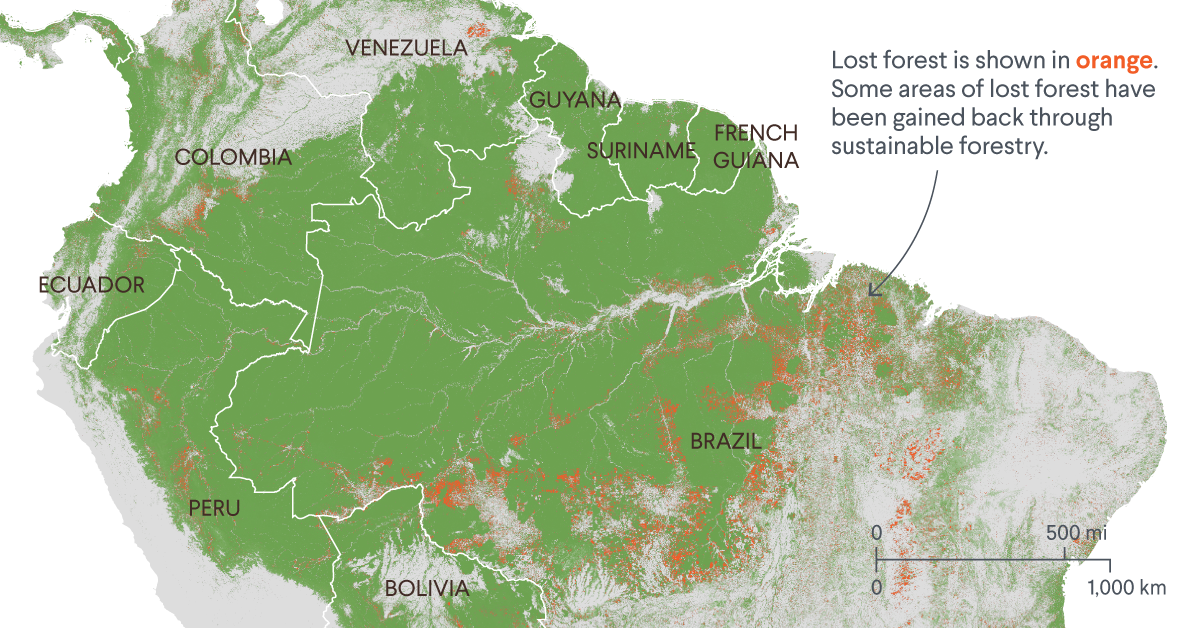
Amazon Deforestation Surges in 2025 as Brazil Confronts Criminal Fires and Environmental Challenges
Amazon deforestation has spiked alarmingly in Brazil during the first half of 2025, raising serious concerns about the effectiveness of the country’s environmental protection strategies. As the city of Belém prepares to host the COP30 U.N. climate summit later this year, Brazil faces growing criticism amid a 92% increase in forest loss reported in May compared to the same period in 2024.

The rise in deforestation is largely attributed to an alarming increase in illegal burning practices, which officials classify as criminal fires. According to Brazil’s Ministry of Environment and Climate Change, these fires have devastated large swaths of the forest, reversing years of conservation efforts. This increase threatens not only biodiversity but also the global fight against climate change.
Data released by Brazil’s National Institute for Space Research (INPE) highlights a troubling upward trend. In April 2025, alerts for forest loss had already surged by 55% year-on-year, with mid-year figures confirming that deforestation alerts from January to June covered approximately 2,090 square kilometers—equivalent to about 806 square miles. This represents a 27% increase over the same period in 2024, marking the highest levels since 2023.

João Paulo Capobianco, executive secretary of Brazil’s environment ministry, stated in June 2025 that more than half of the recent deforestation occurred in areas previously affected by forest fires. This suggests a dangerous feedback loop where burning accelerates forest loss, creating vast areas vulnerable to further destruction. The proportion of deforestation in burned areas has risen dramatically—from an average of 6.6% between 2016 and 2022 to 21% in May 2024, reaching record highs in 2025.
The term criminal fires refers to intentionally set forest fires used to clear land illegally for agriculture, cattle ranching, or logging. While Brazil has implemented laws to punish such activities, enforcement remains inconsistent due to the vastness of the Amazon and political challenges. Many environmentalists warn that the increase in these fires signals a growing lawlessness and lack of political will.
According to a Reuters report, authorities are increasing monitoring efforts using satellite technology and local enforcement. However, recent months show that these measures have not been sufficient to halt the rising trend.
The Amazon rainforest, often called the “lungs of the Earth,” plays a crucial role in absorbing carbon dioxide and maintaining global climate stability. The acceleration of deforestation in 2025 not only endangers thousands of species but also undermines international climate goals. This is especially critical ahead of the COP30 summit, where Brazil is expected to present ambitious plans to reduce emissions and protect biodiversity.
Experts warn that continued loss of forest cover will intensify regional droughts, reduce rainfall, and impact agricultural productivity across South America. Additionally, the destruction of the Amazon contributes to global greenhouse gas emissions, exacerbating the climate crisis.
Since 2019, Brazil has faced criticism for rolling back environmental protections and reducing the budgets of agencies responsible for forest monitoring. The government’s focus on economic growth, often linked to agriculture and mining interests, has conflicted with conservation priorities.
Nevertheless, in early 2025, the Ministry of Environment signaled renewed commitment to curb deforestation. Measures include increasing satellite surveillance, engaging indigenous communities in forest protection, and strengthening legal actions against illegal loggers and land grabbers. Still, environmental groups remain skeptical about the effectiveness of these actions without stronger political backing.
The upcoming COP30 U.N. climate summit in Belém is seen as a critical platform for Brazil to showcase progress and garner international support. Countries worldwide are watching closely, given the Amazon’s importance to global climate mitigation efforts.
International donors and environmental organizations have pledged funding to support sustainable development projects in the Amazon, including reforestation and alternative livelihoods for local communities. However, success depends on Brazil’s domestic policies and enforcement capacity.
The spike in Amazon deforestation in 2025 underscores an urgent environmental crisis with global repercussions. Brazil stands at a crossroads, balancing economic development pressures with its responsibility as custodian of the world’s largest rainforest. While efforts are underway to address the problem, time is running out to prevent irreversible damage.
Global cooperation and strong national policies will be crucial in the coming months to ensure that the Amazon remains a vital part of Earth’s climate system and a haven for biodiversity.
For more news please visit our website: africapulsemedia.com